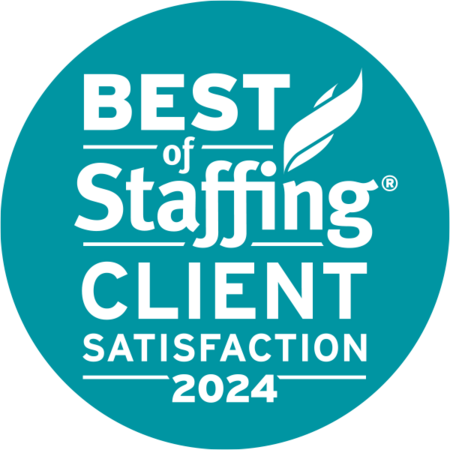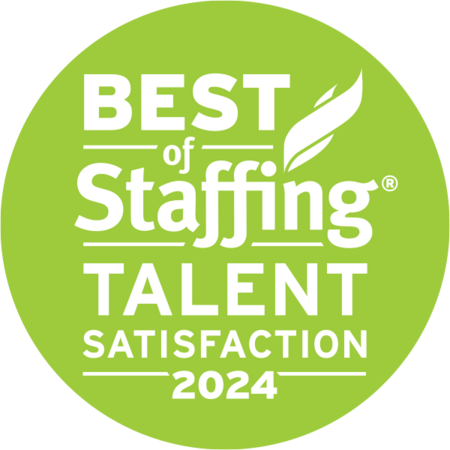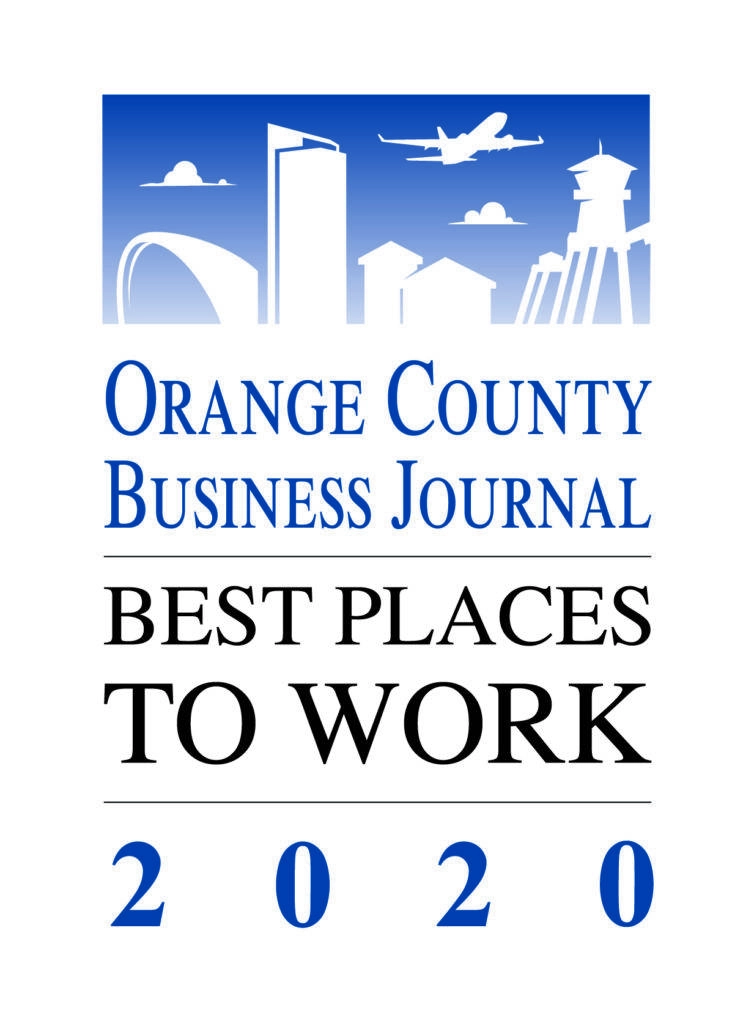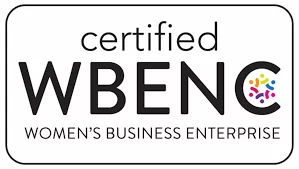Congratulations! You impressed the first-round interviewer — your preparation and presentation paid off. You landed that second interview. But hold on…. This doesn’t mean you are a shoo-in for the position. Oftentimes, the second interview requires more prep and planning than the first meeting. Here’s what you can expect in round two.
The follow-up meeting typically includes other key stakeholders, such as future teammates and managers. Many times, you will not have met the real decision-makers until the second round or later. You might be asked to participate in a series of one-on-one interviews or a panel discussion, so treat this as another opportunity to make another great first impression.
If you haven’t partnered with a recruiter who can help guide you through the second round, consider these tips from our ARG experts.
Questions You Might be Asked
While your initial interview most likely covered skillsets and experience in general, the follow-up round will dig deeper into your specific role at the hiring company.
Here are 10 questions you might be asked that will help future colleagues visualize you in the position:
- What interests you most about this job? Share unique skills that you will apply, detail what you hope to learn, and explain how you expect to grow.
- Explain what strengths set you apart from other candidates and provide concrete examples from previous experience or training. Emphasize how you will make a meaningful impact.
- Explain your role at your most recent or current job. Briefly describe everyday tasks and highlight special projects that you led.
- How can you make a challenging workplace or situation better? Showcase your critical thinking skills and attributes of teamwork. (Hint: patience, leadership and agility are important here.)
- What are your greatest attributes in being a team member? Emphasize mentoring or coaching experiences, discuss accountability and empathy, as well as meeting deadlines and troubleshooting.
- What is your greatest strength and weakness? Be honest. Share what challenges you in a professional environment and how it can become a learning or growth opportunity. Use specific examples to describe the areas in which you excel.
- What has been the most difficult decision you ever made on the job? Explain your decision-making style, personal values and ethics. Ensure your answer aligns with the research you’ve done on the company’s culture and vision.
- What was your most significant contribution at your last or current job? Detail your technical expertise, special trainings or qualifications, and management or leadership qualities. Be specific with timelines and outcomes. Also, explain how you pivoted with challenges or roadblocks.
- What type of work environment do you prefer? Be honest here, too, and align your response around the prospective organization’s corporate culture and ethos.
- If hired, what would you do in the first year to establish yourself? Research, research, research the company’s products, services and culture to explain how you can make meaningful impact as a new hire.

Questions to Ask
After the first interview, you’ve had time to digest, reflect and dive deeper into the position and company. Use this experience and the insights gained for additional planning prior to your next interview. Also, research the people you are interviewing with in the second round. Ensure that you know their roles and responsibilities and be prepared to discuss how you will work together.
Use this opportunity to ask thoughtful, open-ended questions that both illustrate your critical thinking skills and better position you as the ideal candidate. Elaborate on anything you have learned from the first interview.
Here are some examples of follow-up questions to ask your interviewer(s):
- How would you describe the company culture and how does that contribute to the work I would be doing?
- What do you like most about working for the company?
- What are some of the challenges the company is facing or may face in the year to come?
- In this role, what would my first 30, 60 and 90 days look like? What does success look like a year from now?
- In your opinion, what qualities do the most successful employees at the company share?
- What continued education and/or growth opportunities do you provide to employees?
Take the time needed to thoroughly prepare for your follow-up interview. Practice and be prepared. Here are a few final details and tips:
- Review your resume and be prepared to answer specific questions based on your work history and skills listed.
- Compile work samples to share. This is an opportunity to showcase your work. Be organized and have concrete samples that you can quickly showcase.
- Know your response if the hiring manager or interviewer tests to see how interested you are in the position. offered the job. Be ready to respond with enthusiasm that you are very interested and would welcome an opportunity to evaluate an offer. Even if there is still information that you need to process or questions that need to be answered, make sure to finish strong. Positivity breeds positivity.
- Send a thank you email or note to each person who interviewed you. Detail one thing you specifically liked about the conversation or questions they asked.
Do all of these things and you’ll be as prepared as possible for that second round of interviews. Now, go out there and impress!
Preparing for an interview or seeking a new opportunity? Alliance Resource Group can help.
___________________________________________
RELATED CONTENT
STAND OUT IN EVERY INTERVIEW
RESUME WRITING FOR FINANCE AND ACCOUNTING ROLES
EMPOWER YOUR CAREER: THE BENEFITS OF BECOMING A FINANCE AND ACCOUNTING CONSULTANT
JOB SEARCH PRO TIP: HOW TO EVALUATE COMPANY CULTURE
BUILDING YOUR PROFESSIONAL BRAND ON LINKEDIN





